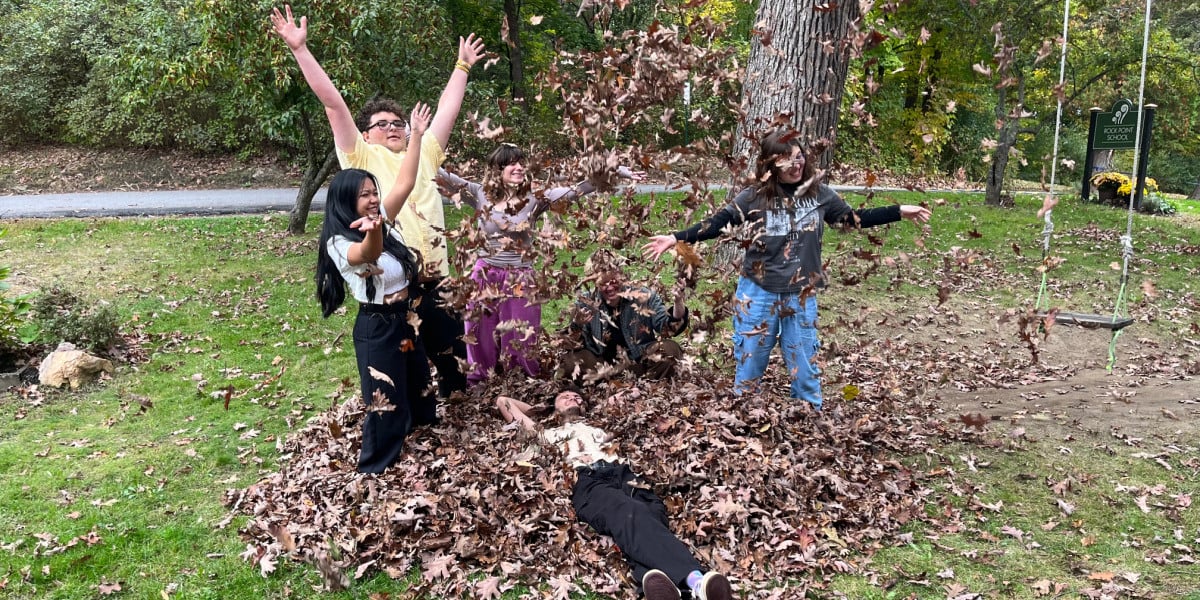Small is Beautiful: Education as if Every Student Really Mattered
In the small, beautiful, lakeside community of Burlington, there are both the advantages of a city — public transportation, rich cultural...


In 20 years of helping students explore college options and work on applications, I’ve seen, heard and learned a lot about what colleges want. What gets ignored too often is the question of what you––the student who is going to go to college––want.
How do you go about figuring out what you want, and how can you find colleges that can offer that, regardless of whether or not they are recognizably famous institutions? Year after year I encounter students who feel the pressure to go to college “some place good.” When I ask them what “good” means, I often hear, “someplace well known.”
Sometimes the follow up will be, “Well, a school that people have heard of.” When we get into what this means, it means, “A school that is part of the 15-30 colleges that my parents and community have heard of and think well of.”
A wonderful place to start is colleges you have heard of. But it’s a terrible place to stop, because most of us have heard of a minuscule number of colleges compared to what is out there. In education consultant David Altshuler’s book there are wonderful examples of how most of us have never heard of the colleges that highly accomplished people, including Nobel prize winners, philanthropists, and business magnates have attended. Check out “It Isn't About A Fancy Diploma” for examples of CEOs, politicians, and well-known people who went to––or started their studies at––a community college.
So, how do you go about finding a college where you can learn, grow, thrive, and create a solid foundation for the career or several careers you may have?
At Rock Point School, we start with a basic overview of who you are: What are your interests and skills? What are your needs or vulnerabilities? What are your general geographic preferences and location (urban, suburban, rural) preferences?
Beyond these basic considerations, here are some questions we ask students to consider:
We also propose that students visit several different kinds and sizes of colleges just to get a feel of these differences. These can be colleges close to home, even if you don’t plan to go to them, because you are just using them to get a sense of “how colleges work.”
From Time magazine’s “It Doesn't Matter Where You Go to College” to “What students do at college matters much more than where they go” in the Wall Street Journal, there is consensus that where you go to college matters less (to employers, to your earning potential, and to overall life satisfaction) than how you engage with opportunities and what skills you develop while you’re in college.
Over the decades, I have helped many Rock Point School students to thoughtfully consider the person they wanted to become and intentionally selected colleges that fit best. Sometimes these were elite schools, sometimes not, but each time the student advanced one step closer to their best future self.
Get your kid into the right college. Get the right college into your kid, David Altshuler
College Personality Quiz, US News & World Report
Successful people who got their start at community colleges, Frank
College search tips article, Forbes

In the small, beautiful, lakeside community of Burlington, there are both the advantages of a city — public transportation, rich cultural...

Adolescence is a time of enormous growth and self-discovery. As teens navigate who they are, how they fit in, and what matters to them, they need...

“But what do you do in the winter?” is a question that I hear frequently from people outside Vermont when they learn about our small boarding and day...